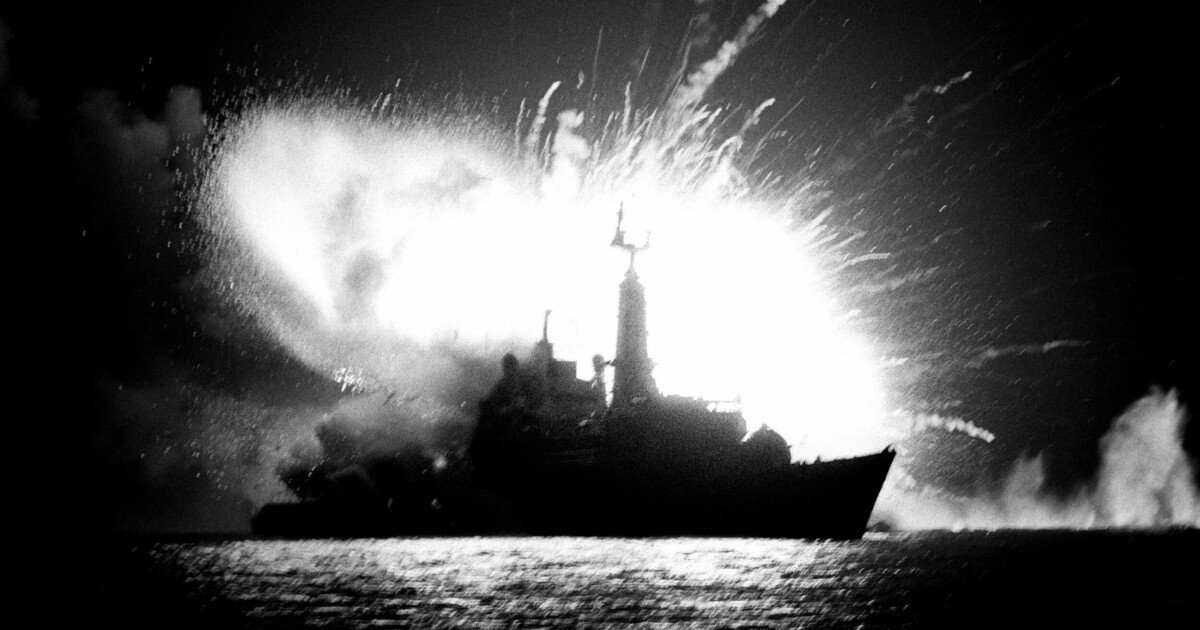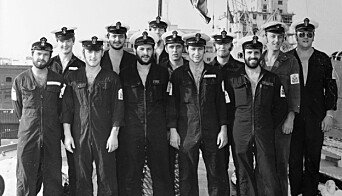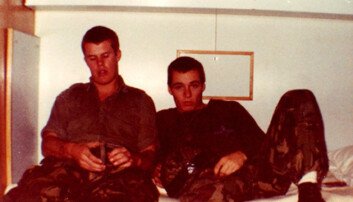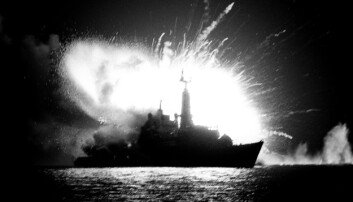
A series of lectures, memorials, exhibitions and other events will be launched in the coming days to mark the 40th anniversary of the end of the Falklands War.
The aim is to commemorate the sacrifices made in 1982 and to celebrate the progress made in the islands in the South Atlantic over the past 40 years.
The war lasted for 74 days, after Argentine forces invaded the Falklands on April 2 1982.
Three days later, a taskforce set sail from the UK, eventually involving almost 26,000 armed forces and 3,000 civilian crew.

Following several weeks of intense fighting, Argentine forces surrendered on June 14 1982, a date that has since been known in the Falkland Islands as Liberation Day and is a national holiday.
A total of 649 Argentine military personnel died as well as 255 British military personnel, and three Falkland Islanders.
A Falkland Islands government spokesman said: “Falkland Islanders continue to be profoundly grateful for the strong support that the UK Government continues to provide, in acknowledging our right to self-determination and our choice to remain a UK Overseas Territory.
“Today, the Falkland Islands is a forward-looking community, with a strong sense of culture and heritage.”
Margaret Thatcher Day is celebrated every January 10 in the Falklands, the anniversary of the first visit by the former prime minister in 1983.
A street in the capital, Stanley, is named Thatcher Drive after her and there is a bust statue of her with the inscription: “They are few in number, but they have the right to live in peace, to choose their own way of life and allegiance.”
About 3,200 people live on the Falklands, with locally elected politicians responsible for all matters other than defence and foreign affairs.

The Falkland Islands government stresses that it funds its own activities without any recourse to the UK taxpayer, and provides a base for the UK’s armed forces as well as opportunities for UK companies to take part in major capital projects.
One legacy of the 1982 war was the vast tracts of minefields, with the last of about 13,000 mines finally fully cleared in October 2020.
Speaking at the celebrations to reclaim the fenced-off beaches around Stanley, Member of the Legislative Assembly Leona Roberts said: “The Falkland Islands are known for our amazing physical landscape, for our endless horizons, our outdoor spaces and unique scenery, but since 1982 that landscape has been scarred by the terrible legacy of war.
“We have had to teach our children about the dangers of minefields and have hoped but not quite dared to dream of the day when we would become mine-free.”
On June 14, a special commemoration will take place at the National Memorial Arboretum in Staffordshire for up to 10,000 people, mainly focused on veterans and their families.
Veterans will be formally presented with the Freedom of the Falkland Islands by a link to Stanley during the ceremony.

Events ranging from services and ceremonies to talks, exhibitions, conferences, receptions and competitions are being planned across the UK this year, including in Belfast, Bristol, Cardiff, Carlisle, Chorley, Coventry, Derby, Doncaster, Edinburgh, Fareham, Gosport, Hereford, Hull, London, Norwich, Plymouth, Portsmouth, Sheffield, Southampton and Whitby.
Other events include a photographic exhibition at the National Army Museum in Chelsea, west London, an essay competition for UK students to win a visit to the Falklands, and a series of Falklands-themed talks around the UK.
Falkland Islands Committee chairman and former member of the Legislative Assembly Phyl Rendell said: “I know how important the 40th anniversary will be for many people, which is why we need to make every effort to ensure that we mark the occasion with due respect, and pay tribute to the courage shown and the sacrifices made back in 1982.
“As a nation, we have moved forward substantially in the past 40 years and it is right that we celebrate how, in exercising our liberty, we have built a prosperous and peaceful country – one which has not simply survived, but thrived.
“We want to approach this milestone with optimism for the future. We now have a younger generation, born after 1982, who understand how they have benefited from the bravery of others and will continue to build on that legacy.”




